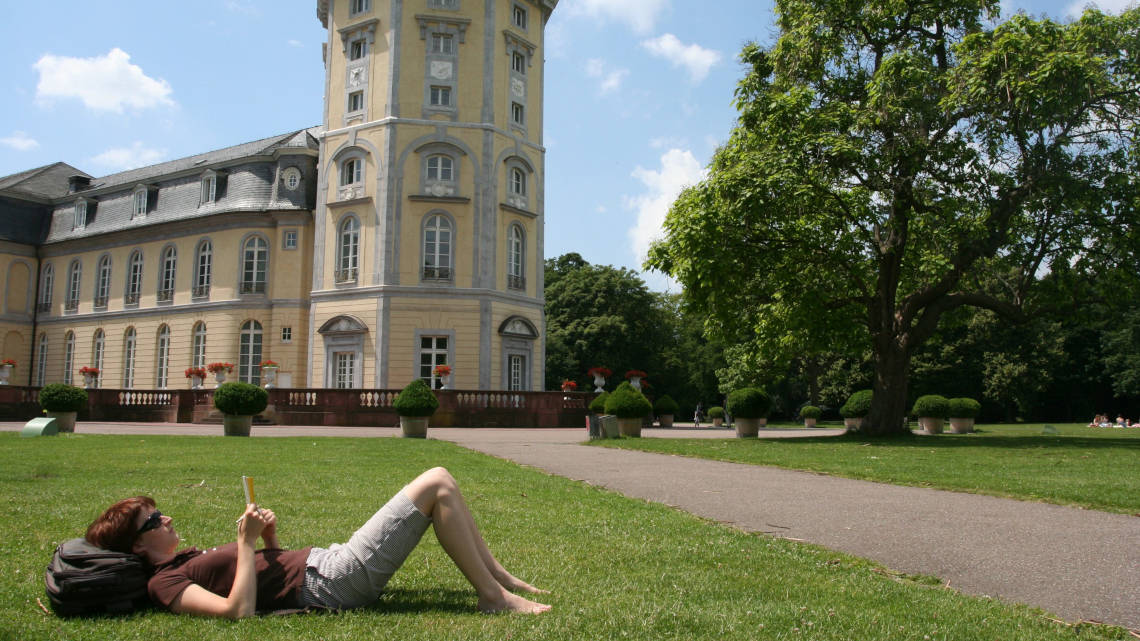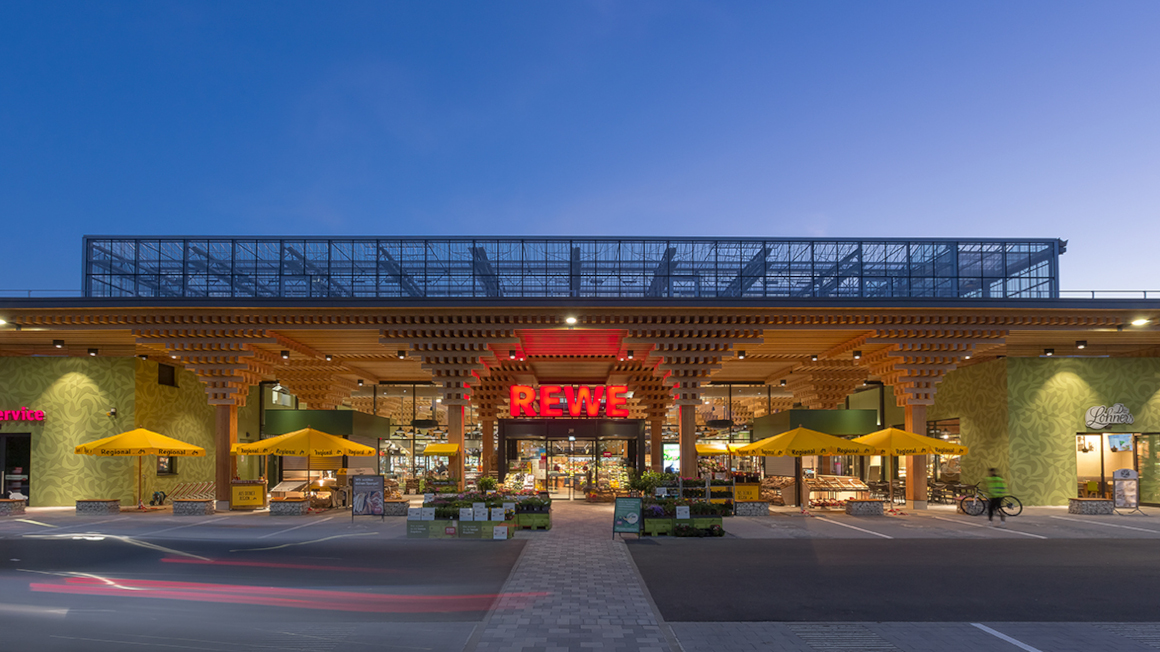City dwellers profit from green spaces
Lawns and trees are good for people living in the city - neuroscientists from Heidelberg and Karlsruhe have measured how spending time in green spaces affects the well-being of volunteers.

Most people are familiar with the feeling of relaxation and recuperation when spending time in a natural setting. Scientists at the University of Heidelberg and the Karlsruhe Institute of Technology (KIT) have now investigated how green spaces affect well-being and what goes on in the brain.
"The study required an interdisciplinary approach combining methods from epidemiology, psychology, neuroimaging and geoinformatics," explains Ulrich Ebner-Priemer from KIT. For the study, 33 young adults used specifically equipped smartphones to document when and where they felt comfortable for a week. The scientists then used geoinformatics methods to evaluate the proportion of green spaces in the surrounding area.
Movement and weather taken into account
The interdisciplinary team reported in the journal "Nature Neuroscience" that more green spaces indeed correlated with greater well-being. By combining this with sensor data on the physical activity of the study participants and weather data, the researchers were able to calculate other important influencing factors. "Our method setup made it possible to determine whether current inner-city green space exposure directly changed the well-being of the volunteers," explains Markus Reichert from KIT.
The team repeated the experiment with 52 other young adults who were subsequently subjected to functional magnetic resonance imaging. It turned out that people with reduced activity in the dorsolateral prefrontal cortex responded particularly strongly to green areas. "These results suggest that green areas are particularly important for people whose capacity to regulate negative emotions is decreased," interprets Andreas Meyer-Lindenberg from the University of Heidelberg.
Potential for the prevention of mental illnesses
It is already known from earlier studies that urban dwellers react differently to stress than rural dwellers and also suffer more frequently from depression or anxiety disorders. "Accordingly, green spaces well distributed over a city could unfold a considerable potential for the prevention of mental illnesses," Reichert concludes.
bl/um


